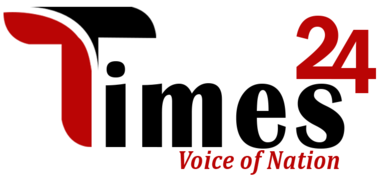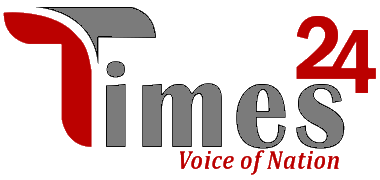The proposal, if finalised, can eliminate any idea that the “B-1 in position of H policy” provides another avenue for foreign professionals to enter the United States of America to perform trained labour that enables, and doubtless even encourages, them and their employers to bypass the restrictions and needs concerning the H non-immigrant classification established by Congress to safeguard the United States of America employees, the State Department aforesaid.
The move, created public on Wednesday, but period prior to the Gregorian calendar month three presidential election, is probably going to impact many Indian firms that send their technology professionals on B-1 visas for a brief keep to finish jobs on website within the United States of America.
On Gregorian calendar month seventeen, 2019, the professional General of Calif. proclaimed a USD 800,000 settlement against Infosys restricted to resolve allegations that roughly five hundred Infosys workers worked within the state on Infosys-sponsored B-1 visas instead of H-1B visas, the State Department aforesaid.
“The projected changes and therefore the ensuing transparency would scale back the impact of foreign labour on the United States of America hands of aliens playacting activities in an exceedingly speciality occupation while not the procedural protections attendant to the H-1B classification,” it said.
In its federal notification issued on Wednesday, the State Department aforesaid the United States of America design firm seeking protection from rising labour prices within the country would possibly believe it may lay off its United States of America architects and contract for identical skilled study services to be provided by a far off design firm.
If the foreign firm sought-after H-1B visas for its architects, it might be needed to pay the prevailing wage for architects within the space of meant employment within the u. s., presumptively identical wage the United States of America architects had been paid, and meet the opposite needs enacted by the Congress to safeguard United States of America employees.
But below the B-1 in position of H policy, the foreign architects may apparently obtain B-1 visas and travel the United States of America to fill a short lived would like for design services, as long as they preserved a residence within the foreign country and continued to receive a regular payment, maybe considerably less than what’s customary for United States of America architects, distributed abroad by the foreign firm (or below the auspices of a far off parent or subsidiary), the State Department aforesaid.
Under the Department’s steerage, visas may well be issued for multiple architects designing temporary add the United States of America in bound things. However, a far off leader could achieve undermining the United States of America immigration law and policy by rotating designers between the United States of America and therefore the foreign country to effectively fill the position of 1 United States of America architect at a considerably lower value, the notification aforesaid.
“If the architects WHO meant to perform trained labour were “of distinguished benefit and skill… seeking to perform (temporary study services) of AN exceptional nature requiring such benefit and skill, one would possibly argue the present regulative language suggests this sort of labour may be a permissible basis for B-1 non-immigrant visa provision,” the State Department aforesaid.
This potential outcome is harmful to the United States of America employees and contrary to the policies of the Trump administration, it said.
The State Department aforesaid the applying method for a B-1 visa doesn’t embody similar procedural needs to safeguard the United States of America employees like that of H-1B visas.
While Congress needed H-1B employers to pay important fees to fund help to the United States of America hands yet as bar and detection of fraud associated with trained labour, employers aren’t needed to pay comparable fees to use trained employees below the B-1 in position of H policy, it said.
According to the notification, the State Department estimates that this proposal can have an effect on no more than half-dozen,000 to 8,000 foreign employees per annum, specifically aliens desiring to offer services in an exceedingly speciality occupation within the United States of America.
As per its estimate, up to twenty-eight per cent of the roughly eight,000 annual B-1 visa issuances below the B-1 in position of H policy were to foreign employees WHO applied for a visa to perform services in an exceedingly speciality occupation for atiny low entity within the United States of America. PTI





